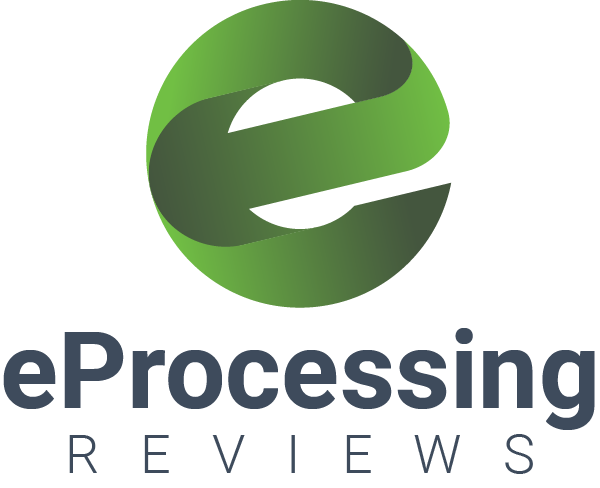When dealing with high-risk merchants, you will need a special account; after all, the processor is the one that is liable for any issue that may occur due to the clients’ increased transactional risks. High risk clients must also be aware that the risks involved with running and maintaining their account is calculated in a different manner than with the usual accounts. This is due to the need for complex payment processes that must be implemented, one of them being anti-fraud filters. The reason for this is the high possibility of charge-backs which can become tedious for everyone involved.
As you can imagine, all these added benefits come at a cost but bear in mind that high risk merchants have the ability to generate an impressive revenue stream. The high risk account must also be tailored to your industry to help with chargebacks and fraud.
What should you look for when choosing a high-risk merchant account?
- Processors have pricing models that are specific to them and one of the most important things to do is calculate how much you will be paying each time a transaction is processed. Research as much as possible when it comes to service providers you will need to find providers with a high success rate in dealing with high-risk customers, especially those in your industry. Avoid payment processing merchants who have inflated rates when dealing with clients. One way to find out about services is to read the customer reviews.
- Once you have narrowed down your search, and settled on a merchant, be up front with the service provider. Let them know about your industry and what your business entails. They will not be able to assist you if you are not honest with them from the beginning, and if you are not completely honest you may not get accurate quotes for the services you require. When required, you will need to provide some important information such as your credit history and financial statements.
- Choose a processor that meets all your business needs, this way you will not have to sacrifice any of your services. Some of the important services to look out for are: POS systems, mobile payments and credit card terminals.
- Choose a provider that does not require you to sign long contracts. This will ensure that you are not bound to a provider who may not be meeting your company’s growing demands. Your company could change in the future and you may require even more services so you will need to ensure that you are able to do this. Avoid unnecessary future issues by asking upfront about the length of the contract. The ideal contract is a month to month, which allows flexibility.
- Be sure to choose a provider who values service excellence. Providers like this provide on-going service and assistance. They may even provide training and maintenance. They also welcome feedback from clients as they are confident in the service that they are offering.
Should you have a backup Merchant Account?
The short answer is yes. Since you are a high risk merchant, you already know that it is important to have a backup merchant account so that your business operations are protected. If your business runs on credit or debit card payments, like most services do, you would need a backup merchant account in case there are errors or other issues. Your bank may even decide to stop offering high-risk merchant services to certain industries (might even be yours) and you don’t want to be stuck with no processor.
How do you compare high-risk products and services?
When doing a comparison on high risk merchant accounts, there are many features that you should look out for, to assess how well the chosen processor will be able to meet with your company’s needs. Analyse your company’s needs and your industry’s specific operational implications.
Here is a list of services offered by most technologically advanced processor:
- Multiple currencies and languages: this is especially necessary if your business is global. Failing to offer this service could make your customer look at other providers who do. This will in turn lead to a higher involuntary churn rate.
- Mixed & Custom Billing Models: if your business offers recurring prepaid credits then this is something you should have. Your provider should enable you to match pieces that best suit your needs. Many providers even offer personalized pricing and subscription models.
- 24/7 Payment Success Rate Monitoring: You should have a processor that monitors your payments 24/7 as this will help when optimizing your services. You need to know how many payments were declined due to system failures and shortcomings. This will help you to become more efficient.
- AI Anti-Fraud Detection & Filters: this is especially necessary as you would need to monitor the volume of falsely classified transaction because this could lead to losing the credibility with customers. This will hinder customers from checking out successfully. A payment processor should have A1 driven anti-fraud filters that will flag transactions but be able to classify and determine which transaction are fraudulent.
- Chargeback dispute support: this is quite important, especially for high risk merchants as it is a common problem. It is best to seek out a payment processor who understands your industry’s needs and assist you in reducing chargebacks.
There are so many factors that contribute to determining whether a processor is the right one for you, but the most important one is that it should be a perfect fit for you and your business needs. Take your time in deciding which one will meet your business’s growing demands.






Comments